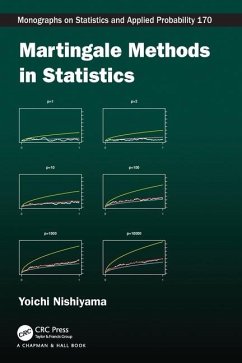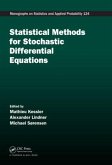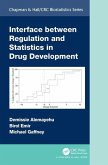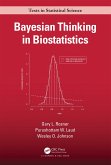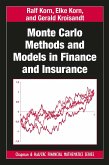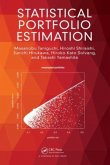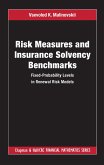Martingale Methods in Statistics provides a unique introduction to statistics of stochastic processes written with the author's strong desire to present what is not available in other textbooks. While the author chooses to omit the well-known proofs of some of fundamental theorems in martingale theory by making clear citations instead, the author does his best to describe some intuitive interpretations or concrete usages of such theorems. On the other hand, the exposition of relatively new theorems in asymptotic statistics is presented in a completely self-contained way. Some simple, easy-to-understand proofs of martingale central limit theorems are included.
The potential readers include those who hope to build up mathematical bases to deal with high-frequency data in mathematical finance and those who hope to learn the theoretical background for Cox's regression model in survival analysis. A highlight of the monograph is Chapters 8-10 dealing with Z-estimators and related topics, such as the asymptotic representation of Z-estimators, the theory of asymptotically optimal inference based on the LAN concept and the unified approach to the change point problems via "Z-process method". Some new inequalities for maxima of finitely many martingales are presented in the Appendix. Readers will find many tips for solving concrete problems in modern statistics of stochastic processes as well as in more fundamental models such as i.i.d. and Markov chain models.
The potential readers include those who hope to build up mathematical bases to deal with high-frequency data in mathematical finance and those who hope to learn the theoretical background for Cox's regression model in survival analysis. A highlight of the monograph is Chapters 8-10 dealing with Z-estimators and related topics, such as the asymptotic representation of Z-estimators, the theory of asymptotically optimal inference based on the LAN concept and the unified approach to the change point problems via "Z-process method". Some new inequalities for maxima of finitely many martingales are presented in the Appendix. Readers will find many tips for solving concrete problems in modern statistics of stochastic processes as well as in more fundamental models such as i.i.d. and Markov chain models.
"This book is expected to be an excellent reference for researchers who need to perform statistical analysis based on the martingale theory. It is very rare to find a book that systematically and rigorously summarizes martingale theory from the point of view of its application to statistics. This textbook harmonically organizes the mathematical facts related to martingales and their statistical applications, and by doing so, it helps researchers to establish a theoretically concrete foundation. Therefore, this book can be evaluated as an excellent textbook where mathematics and statistics meet together."
-Insuk Seo, in Journal of the American Statistical Association, November 2023
"The martingale theory is an important topic in probability theory and related tools have been widely applied in statistical analysis, such as financial data or survival analysis. ...This book well summarizes useful tools in martingale and provides rigorous theorems. ... In summary, this book is a nice reference because of rich and comprehensive materials in martingale
theory. This book is suitable to researchers who are working on related research topics."
- Li-Pang Chen, in Journal of the Royal Statistical Society: Series A, April 2022
-Insuk Seo, in Journal of the American Statistical Association, November 2023
"The martingale theory is an important topic in probability theory and related tools have been widely applied in statistical analysis, such as financial data or survival analysis. ...This book well summarizes useful tools in martingale and provides rigorous theorems. ... In summary, this book is a nice reference because of rich and comprehensive materials in martingale
theory. This book is suitable to researchers who are working on related research topics."
- Li-Pang Chen, in Journal of the Royal Statistical Society: Series A, April 2022

